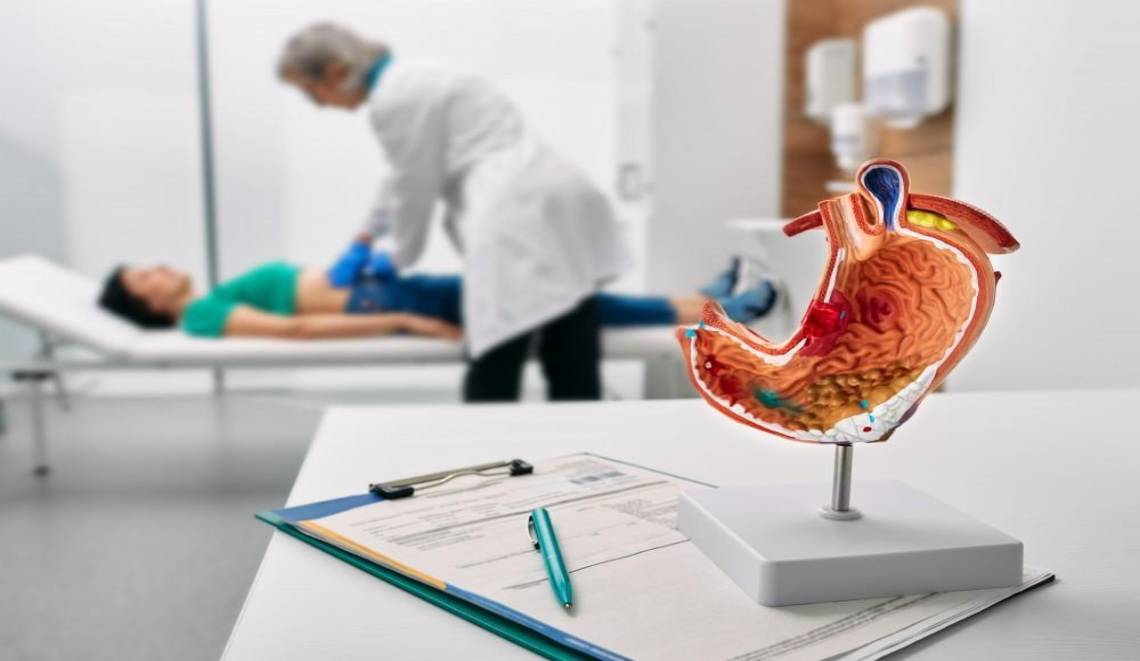

Celiac disease is a digestive disorder resulting from an abnormal sensitivity to gluten. It occurs when the immune system's response to gluten produces toxins that destroy the villi, tiny finger-like protrusions inside the small intestine. If you're dealing with this illness, the healthcare system of celiac center Houston provides extensive diagnostic and treatment options.
Gluten is a protein present in foods such as wheat, barley, and rye. It can also be found in oats that have been processed alongside other gluten-containing grains, otherwise pure and uncontaminated oats are generally considered safe for most people with celiac disease. Additionally, gluten can be found in some medicines, supplements, and cosmetics.
Moreover, non-celiac gluten sensitivity often known as gluten-related disorder, a condition different from celiac disease, causes symptoms after consuming gluten-containing foods. Unlike celiac disease, it doesn't involve immune system activation or intestinal damage.
Celiac disease is characterized by an immunological response to gluten that produces toxins damaging the villi. This destruction prevents your body from absorbing nutrients from food, which can lead to malnutrition and other major health problems, including chronic intestinal damage.
People experiencing celiac disease need to avoid all forms of gluten from their diet. It includes mostly bread types of products, beer, baked goods, and foods in which gluten may be used as a stabilizing ingredient.
Celiac disease symptoms primarily affect the intestines and digestive tract, although they can also affect other areas of the body.
Children with celiac disease may experience persistent diarrhea, foul-smelling stools, bloating in the abdomen, weight loss, fatigue, and irritability.
Adults, in addition to digestive symptoms, may suffer from a variety of symptoms including anemia, joint pain, constipation, diarrhea, weight loss, depression, anxiety, nausea, vomiting, headaches, weak bones, skin disorders, numbness, tooth discoloration, mouth ulcers, irregular menstrual periods, infertility, and miscarriage.
In some cases, celiac disease patients may not experience any symptoms at all; however, this silent illness can still result in long-term health problems.
Experiencing gastrointestinal symptoms after eating gluten signals towards testing for celiac disease before adopting a gluten-free diet. Doctors diagnose celiac disease by looking for evidence of intestinal damage caused by gluten, so, if you avoid gluten before testing, healing can remove these traces, making diagnosis more difficult. Therefore, getting tested while still consuming gluten helps ensure an accurate diagnosis and allows you and your doctor to determine the most appropriate course of treatment.
Blood tests and intestinal biopsies are the two main diagnostics used by healthcare professionals to diagnose celiac disease. Blood tests check for gluten antibodies, which are produced by the body's immune system in response to gluten and indicate intestinal damage. If these antibodies are detected, a biopsy of the small intestine is conducted to confirm the damage. A gastroenterologist then performs the biopsy using an endoscope, a thin, flexible tube with a camera attached to examine the small intestine and collect a tissue sample.
Once celiac disease is confirmed, doctors will examine potential vitamin and mineral deficiencies, such as iron, vitamin D, and calcium, which can be caused by the condition. Therefore, supplementation may be necessary to overcome these deficiencies.
Celiac disease can only be treated by entirely excluding gluten from your diet, which will enable your intestinal villi to recover and absorb nutrients correctly. You can get advice from a physician or nutritionist on how to check food labels for hidden gluten and how to maintain a healthy gluten-free diet.
Restricting gluten can improve symptoms within a few days, but avoid introducing a gluten-free diet before receiving a diagnosis since it could interfere with test results. Giving up gluten is the most important part of the treatment because it can prevent reactions and promote the healing and nutritional absorption of the small intestine. Therefore, maintaining a strict gluten-free diet for life is essential to avoid further intestinal damage.